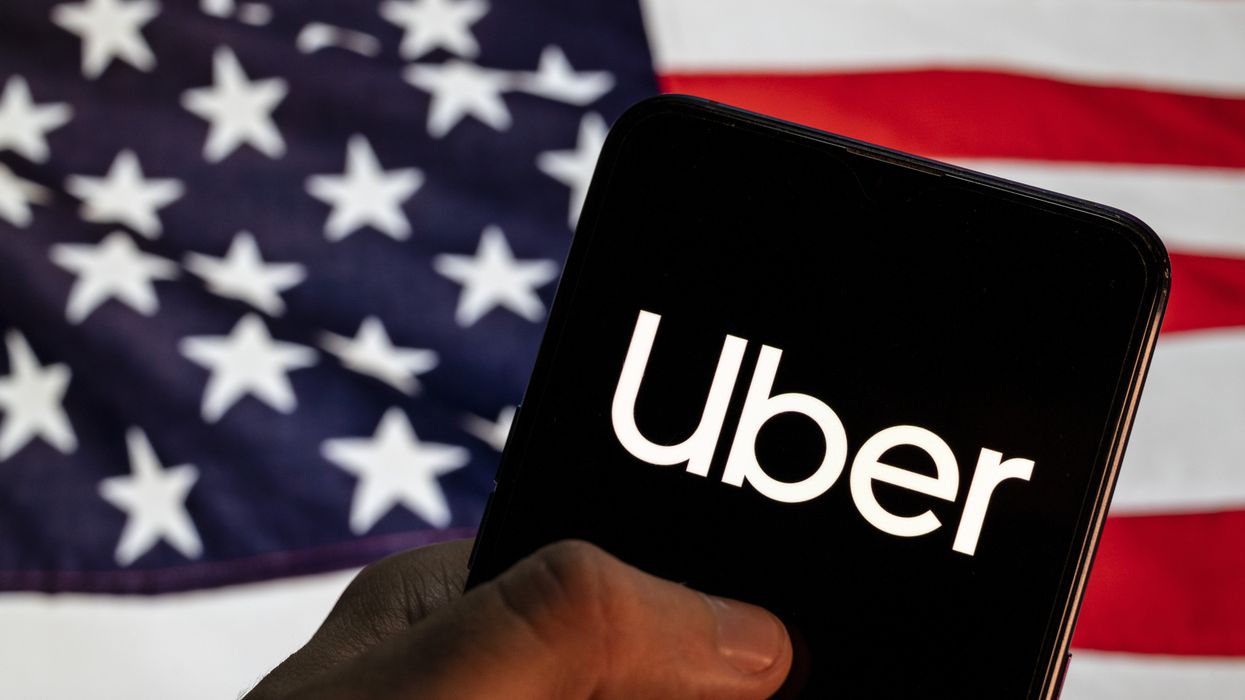Lachelier is a political sociologist and founder of Learning Life, a Washington DC-based nonprofit developing innovative learning communities in order to widen and deepen participation in democracy and diplomacy. Reinisch, a sophomore at George Washington University, is an intern at Learning Life.
As the United States moves toward another contentious presidential election, Americans’ faith in their democracy, its institutions and each other are at low points. More and more citizens appear open to authoritarian alternatives.
And while confidence in big business is at an all-time low, trust in small business remains high. This presents an opportunity: Small companies can ride the wave of public support to new heights, while big business can get out of the shallows.
As co-authors, we are quite different. One of us is a Gen Z college student who thinks economic growth should be one of our highest priorities. The other is a Gen X nonprofit executive deeply critical of capitalism. Despite these differences, we both believe small and big businesses can do more to support American democracy by taking some practical steps. We aim to contribute options that managers can choose from, and not to say what they should do.
Election engagement
Elections are central to modern democracies, but in the United States they tend to fall on work days. To make it easier to vote, businesses can provide their employees with time off to vote on Election Day. In 21 states, employers aren’t required to give time off to vote. Nonetheless, some companies, like Coca-Cola, give employees the day off. Others, like Apple, provide a few hours of paid time off. Levi’s, Uber and Old Navy go a step further, with paid time off for volunteer poll workers. Some businesses provide office supplies for poll workers, or snacks for voters on Election Day. However it’s done, employers can help encourage more people to vote.
Companies can also use their own online platforms to encourage people to vote. All firms can share election information on their websites and social media pages (where to vote, how to register, who’s running, etc.).
Social media companies can be even more helpful. In the 2010 elections, Facebook encouraged 61 million users to vote with a message on their news feeds. Researchers found that effort resulted in hundreds of thousands of additional votes. Snapchat’s “Run for Office” tool has led millions of users to to run for government positions. This includes Michael Tubbs, who became the first black mayor of Stockton, Calif., at the age of 26.
Civic engagement
Elections, and citizens’ more regular acts of civic engagement, are vital to democracy. More companies are offering paid time off to volunteer, and many leverage their expertise to help nonprofits. Community Consulting Teams, based in Atlanta and Boston, connects nonprofits with business volunteers who provide pro bono consulting on planning, marketing and growth. All this volunteer work can boost employee morale, skills and leadership. And a business can improve its public image, staff retention, hiring and engagement.
Firms can also sponsor debate and policy discussion, and in so doing enhance their public profile. Anheuser-Busch and other major corporations sponsor the U.S. presidential debates. IBM sponsored a series of televised policy debates in 2020, such as whether the public should worry about national deficits. Beyond specific events, businesses can also support organizations that nurture democracy. Southwest Airlines sponsors the National Civic League, which advances civic engagement. Citigroup backs the Democracy at Work Institute, which promotes worker cooperatives. Prufrock and Amazon contribute to the National Democratic Institute, which promotes democracy abroad.
Businesses can also leverage their employees’ time and money to support democracy or civic engagement. Companies like McDonald’s have programs to double or triple-match employee donations. Chains like Target and Walmart enable stores to aid local nonprofits with cash grants, gift certificates, office supplies, event space and more. Some companies offer volunteer grant programs: When employees volunteer, their employer donates a fixed sum to that nonprofit.
Civic education
Research suggests that education promotes civic and political engagement. Companies can thus support educating their employees and the wider public. Companies like Amazon, Starbucks, Disney, and Chipotle help cover the costs of a GED or a bachelor's or master's degree. Companies like Blue Cross and Blue Shield of Minnesota educate their employees about how to take part in the political system. Others, like AllState, lobby state legislatures to advance civic education.
In these troubling political times, companies have an important opportunity to nurture constructive engagement in civic life. There are more ways and examples for firms to support democracy than we can cover in a single article. Nonetheless, the above models offer businesses a chance to raise their public stature, improve employee skills, morale and retention, and strengthen the democracy that helped get them where they are.



















